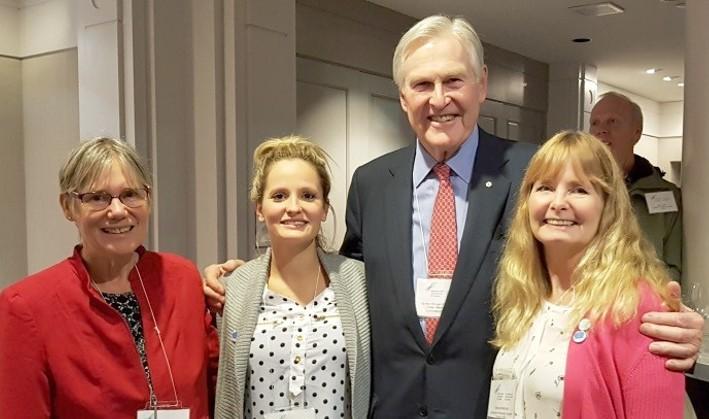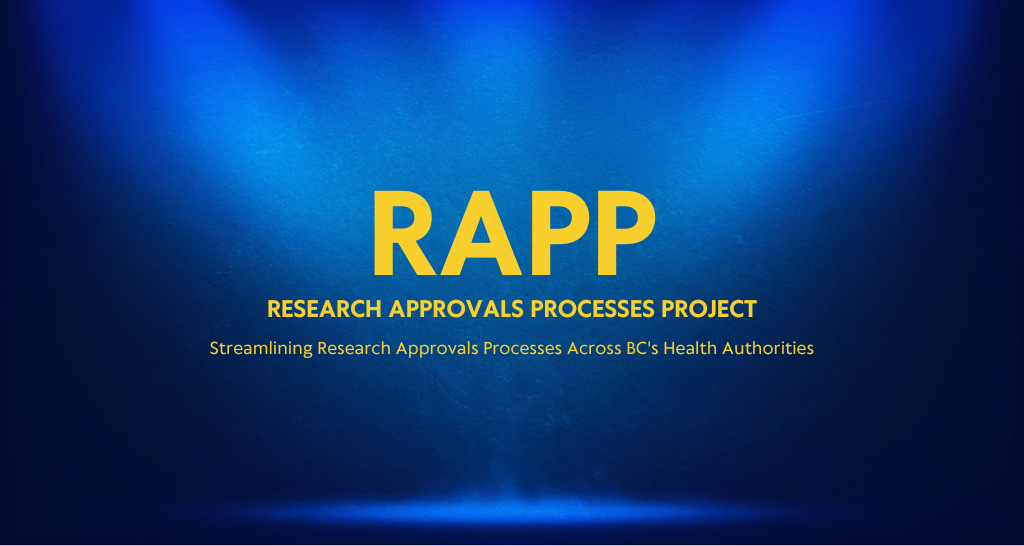Evaluating the effectiveness of peer support programs
18 May 2018

Trying to manage any health condition can be scary and isolating, and for people with mental health conditions these feelings can be compounded by stigma and misunderstanding surrounding their diagnosis.
For people with Borderline Personality Disorder (BPD) – a complex mental health condition associated with high rates of self-injury and suicide – stigma, misinformation, and inadequate access to out-patient programs can lead to feelings of hopelessness, and reluctance to engage with health services.
Peer support programs are one way of improving healthcare experiences and quality of life for people with mental health conditions, but more research is needed to evaluate how and when peer support can be effective for people living with BPD. With $15,000 funding from an MSFHR Convening & Collaborating (C2) award a team based in Victoria is doing just that.
“$15,000 might feel like a drop in the bucket for some research budgets, but the hope it can generate is priceless,” Baylie McKnight, Borderline Personality Disorder Society of BC co-founder and research user co-lead on the MSFHR C2 project.
The research team is bringing together people with lived experience, researchers, clinicians and knowledge-users from Island Health to lay the groundwork for a pilot trial to provide evidence on the effectiveness of peer support for adults with BPD.
“The heart and soul of this project stems from knowing the deep pain that people are experiencing when they cry out for help, and feeling they aren’t being heard,” says Baylie McKnight, Borderline Personality Disorder Society of BC co-founder and research user co-lead on the MSFHR C2 project. “We’re looking to work together to fix this. $15,000 might feel like a drop in the bucket for some research budgets, but the hope it can generate is priceless.”
The C2 Program is designed to foster collaboration between researchers and research users, and supports teams to carry out collaborative activities that promote the use of research evidence in practice, policy and further research.
- Project title: Improving care and reducing stigma for Borderline Personality Disorder: Stakeholder engagement to develop a research plan to evaluate a peer support intervention
- Researcher co-leads: Brianna Turner (UVic) and Skye Barbic (UBC)
- Research user co-leads: Baylie and Deborah McKnight (Borderline Personality Disorder Society of BC) and Wendy Young (Island Health)





